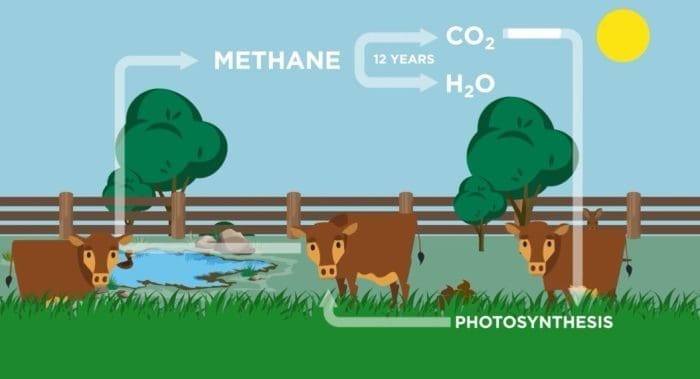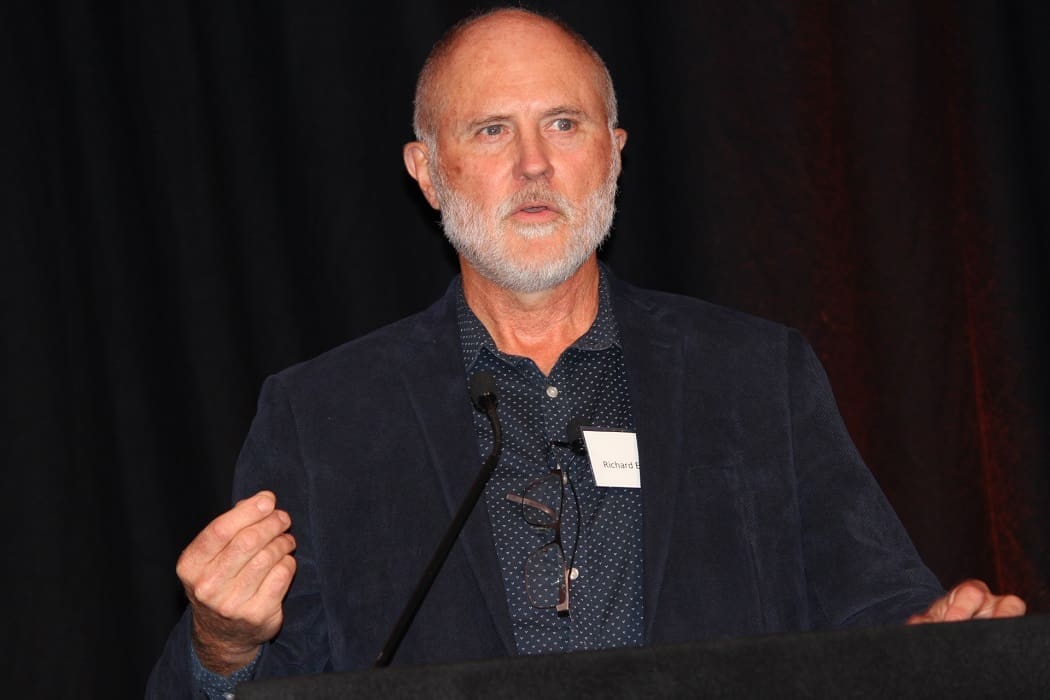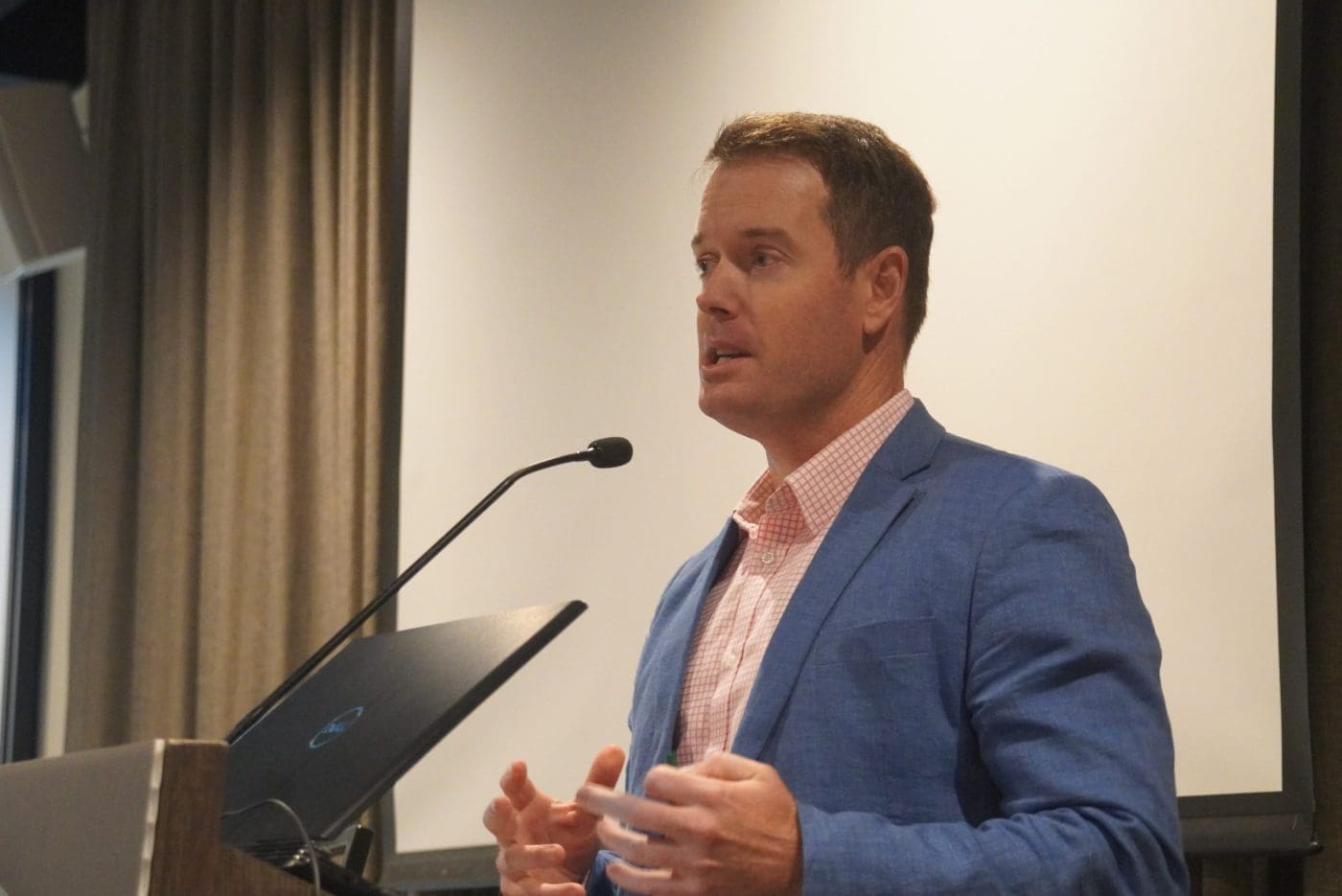WITH some of the beef industry’s biggest supply chains committing to rapidly reducing emissions in the coming decades, the idea of keeping carbon credits to maintain future cattle market access is a growing conversation.
Before the idea of insetting came in, the concept of the carbon market was reasonably straight-forward. Big emitting companies – like mining, electricity, transport or tech – were being forced to reduce their emissions and they mainly did that by purchasing carbon credits from farmers who had proven they had taken emissions out of the atmosphere through forests, soil or other means.
Now the beef industry has become involved, with processors and supermarkets committing to removing greenhouse gas emissions from their supply chains – including the emissions from cattle.
However, most of them are still trying to work out how to get there.
Some well-known industry figures, including scientist Dr Richard Eckard, have been warning producers to take precautions. Dr Eckard has repeatedly advised not to be too hasty in selling off carbon credits – particularly the credits that carry some risk.
“Agricultural production is your main game, so don’t risk future supply chain access through selling soil carbon for short-term gain,” he said in an AgCarbon Central article last year.
Others in the industry have raised concerns about where it is all going. One producer recently told AgCarbon Central that he was worried the cost will come back onto farms.
“Soil carbon is a ‘carrot’ approach for producers to adopt good practices. But I am worried if the supply chains get hold of it, it will become a stick,” he said.
Why can’t beef supply chains buy carbon credits from anyone?
Many companies, including JBS, Woolworths and McDonald’s, have signed up to a program called the Science Based Targets Initiative – which is a partnership between CDP, the United Nations Global Compact, World Resources Institute and the World Wildlife Fund.
Purchasing carbon credits from outside the supply chain is frowned upon by the SBTI. Insetting is allowed. This intent being that companies actively reduce the footprints of their own supply chains rather than simply buying credits elsewhere.
Global Roundtable for Sustainable Beef president Ian McConnel said with companies signing up to the SBTI, producers selling carbon credits to other industries could present a risk to beef supply chains.
“There is going to be increasing demand for ‘insets’ from some of the cattle industry’s biggest customers,” Mr McConnel said.
“If you look at McDonald’s, Woolworths, Walmart, Costco or any of those companies who have signed a science-based target they are not allowed to offset, they must achieve their targets by insetting. So, a farmer selling all their credits becomes a big risk to them.”
Who will pay for insetting?
With some of the world’s biggest companies lining up to buy carbon credits, paying for insetting is one of the challenges.
Previous Beef Central articles have suggested that passing the cost onto the consumer will be a bit difficult – so the cost of reducing emissions will need to come from within the supply chain.
Mr McConnel said beef producers will need to share some of the cost of emissions reduction.
“These companies have to achieve neutrality because it is a corporate commitment and they are effectively legally tied to it,” he said.
“They would hope that with everybody moving towards low carbon, as we should as humanity, means that cost will be shared by everybody.
“It would be unfair to suggest a beef producer could just emit whatever they want and then expect someone to pay them. Likewise, it would be great if there was a reward in it, but that reward needs to be shared across the supply chain.”
Will carbon limit market access for cattle producers?
With a big chunk of the cattle industry’s customers signing up to the SBTI, will the end result be limited market access for producers who do not comply with the “net zero” status?
AgCarbon Central contacted JBS, Woolworths, McDonald’s and Coles to see if that was likely to be the case. Coles is not part of SBTI but we thought we would ask anyway.
Coles said it was too close to the release of its sustainability report to talk about it. Woolworths said its net zero target only relates to its own operations. And, JBS said it was “working with supply chain partners, customers, government, and industry-led research and development, to chart a sustainable course to achieving net zero.”
Mr McConnel said it was too early to tell if there are going to be any market-access limitations.
“I think it will be a long time before a producer from Central Qld will be limited in market access because of their carbon balance,” he said.
“Maybe in the near future there will be a premium on selling beef and carbon at the same time.”
Industry approach needed
However, Mr McConnel said in the long-term it was likely to be the industry as a whole that needed the carbon balance.
“As an industry we have always pitted ourselves as pre-farmgate and post-farm gate. But I think with the carbon story we need to present as one industry,” he said.
“When consumers pick up a meat product from the shelf we must communicate the carbon story of the whole chain – if credits are being sold outside the industry then we can’t do that.
“There may be some level of oversight by industry or regulators that is inevitable in agriculture where producers can only sell credits that are left after accounting for the own emissions.”
Mr McConnel said more work was needed to better understand insetting.
“We need to work out how carbon is going to trace in supply chains beside beef,” he said.
“Right now, we say we have a traceability system but I can’t tell anything about my beef – like where it came from or how it was produced.
“If we enable a traceability system where the producer can allocate credentials to a product – like carbon, biodiversity or animal welfare – that will enable things like insetting to move faster.”



